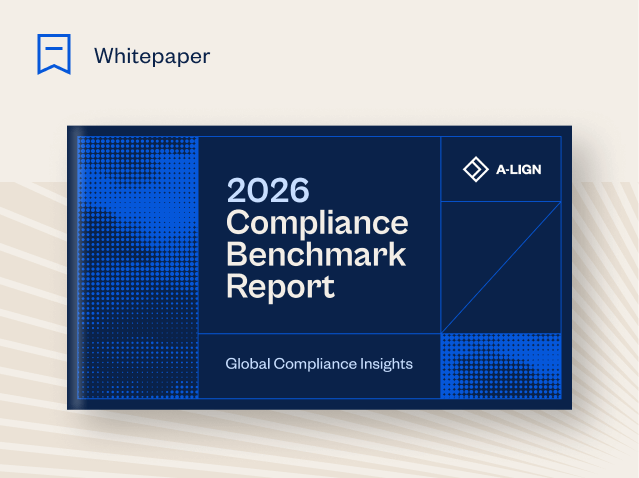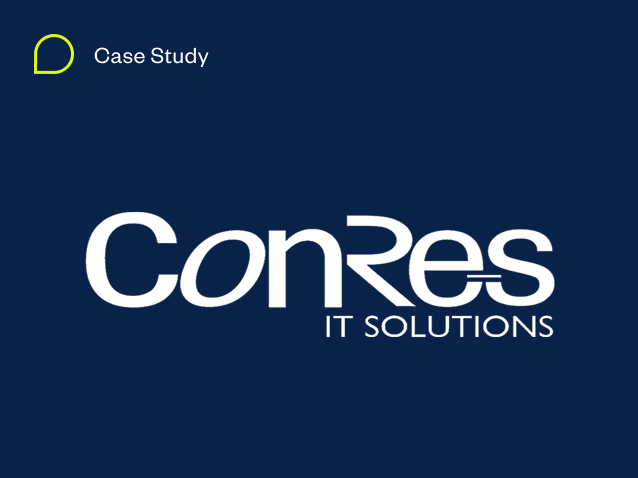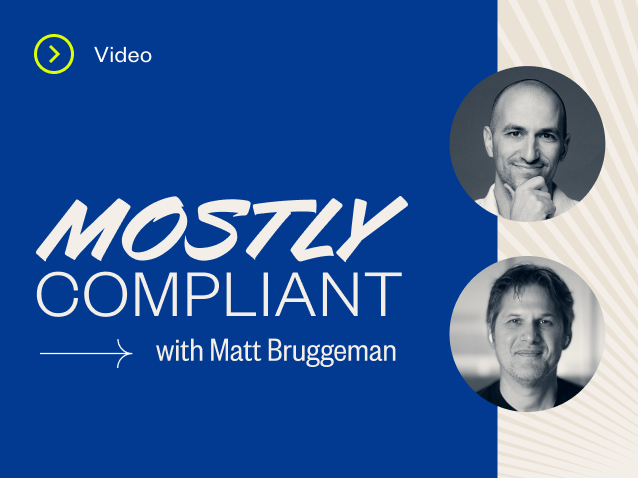ISO 27001 Requirements: An Overview
ISO/IEC 27001 is a prominent, globally recognized standard designed to administer and enhance the information security management system. When an organization decides to embark on its ISO 27001 certification journey, it agrees to adhere to a systemic approach to manage sensitive company information, ensuring secure exchange and protection of data. The standard is applicable to businesses across all industries, regardless of their size or the nature of their data. Read on to learn the key ISO 27001 requirements ahead of your organization’s audit.
What are the ISO 27001 requirements?
The ISO 27001 requirements are designed to provide a clear and rigorous framework for protecting and managing valuable data and information assets. These carry inherent business risks if not protected adequately. The standard encompasses key aspects of business, such as risk management, compliance, legal requirements, physical and technical controls around data access, usage, and transmission. All these facets collectively reflect the organization’s commitment to a higher level of data integrity, availability and confidentiality.
If you’re planning on getting your business ISO 27001 certified, the ISO 27001 requirements are more than just getting a badge of honor. Achieving the ISO 27001 certification signals to clients, stakeholders, and regulators that your business has implemented an internationally accepted and independently validated information security management system. Furthermore, it offers a basis for legal compliance, demonstrating your commitment to information security and data privacy.
What exactly are the ISO 27001 requirements? This standard is divided into clauses and annex controls. The former establishes a set of business procedures and processes necessary for managing an organization’s ISMS. The latter consists of 93 controls categorized into 4 groups, which provide guidelines on how to manage specific areas of information risk. Annex A is a comprehensive list of the controls to be considered during risk assessment, applicable based on the nature of the business.
The requirements include, but are not limited to:
Setting up an information security policy
Establishing a clear and comprehensive information security policy is a foundational element to earning ISO 27001 certification. This element of ISO 27001 requirements should outline overarching objectives, principles, and responsibilities for safegaurding sensitive data.
Defining an approach to risk assessment and treatment
A structured approach to risk assessment and treatment is crucial for identifying, evaluating, and mitigating potential security threats. This involves recognizing vulnerabilities, determining their likelihood and potential impact, and implementing appropriate risk treatment measures. By continuously monitoring and updating this process, organizations can adapt to evolving threats and maintain robust information security and meet ISO 27001 requirements.
Implementing data masking and web filtering controls
ISO 27001 requirements mandate implementing data masking and web filtering controls to enhance the security of sensitive information and protect against unauthorized access. Data masking obscures sensitive data elements, reducing exposure during processing or testing, while web filtering restricts access to potentially harmful or inappropriate websites.
Executing training and awareness programs
Organizations must also execute training and awareness programs as part of ISO 27001 requirements. By educating employees about security policies, potential threats, and best practices, organizations can minimize human error and reinforce a proactive security culture. Ongoing awareness initiatives help keep information security top of mind and ensure everyone understands their role in protecting the organization’s assets.
Gathering and analyzing information about threats
Proactively gathering and analyzing information about potential security threats enables organizations to identify and respond to risks before they become a problem. This involves staying informed about emerging vulnerabilities, monitoring threat intelligence sources, and analyzing data to detect patterns or anomalies.
Monitoring systems and implementing incident response procedures
Continuous monitoring of systems and implementing effective incident response procedures are critical components of ISO 27001 requirements. Real-time system monitoring helps detect security incidents promptly, while a well-defined incident response plan ensures swift and coordinated action to mitigate impact.
Deep dive into ISO 27001 requirements
The ISO 27001 standard is a globally recognized information security standard that establishes the best practices for ISMS. Meeting ISO 27001 requirements and earning a certification offers various advantages, from improving efficiency to building stakeholder trust, underscoring the need to grasp and apply these standards.
The ISO 27001 requirements are composed of foundational requirements essential for the effective functioning of an ISMS. These requirements, referred to as controls, are derived from ISO 27002 and found within ISO 27001 Annex A, and typically align with the organization’s information security risks. However, the organization retains the liberty to decide which controls apply to their specific circumstances and document the same accordingly.
An imperative component of the ISO 27001 requirements is the set of mandates for logging and monitoring. These stipulations lay the groundwork for detecting, analyzing, and mitigating potential security incidents. ISO 27001 requirements ask organizations to document significant events and continually scrutinize system activities. This continuous monitoring and logging of activities aim to detect abnormalities quickly, allowing for immediate corrective actions.
Starting from security policy and organization of information security to access control and incident management, the ISO 27001 requirements list is extensive and inherently interrelated. Therefore, stringent adherence and a deep understanding of these standards can fortify information security, thereby qualifying the organization for ISO 27001 certification.
Gaining a comprehensive knowledge of the ISO 27001 requirements is pivotal for organizations pursuing robust information security governance and a strong culture of security. The articulated requirements and stipulations, including specifics like logging and monitoring, offer a holistic blueprint for an effective ISMS. Customizing and implementing these requirements, coupled with continuous monitoring, can lead an organization toward enhanced information security and ISO 27001 certification.





